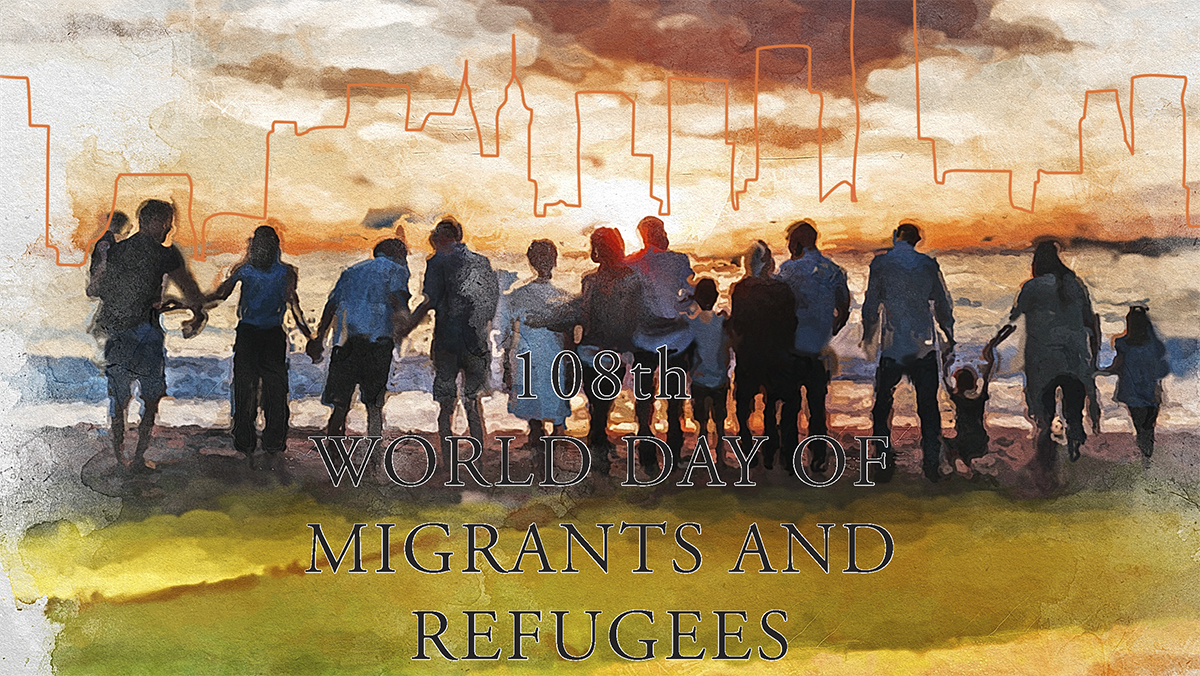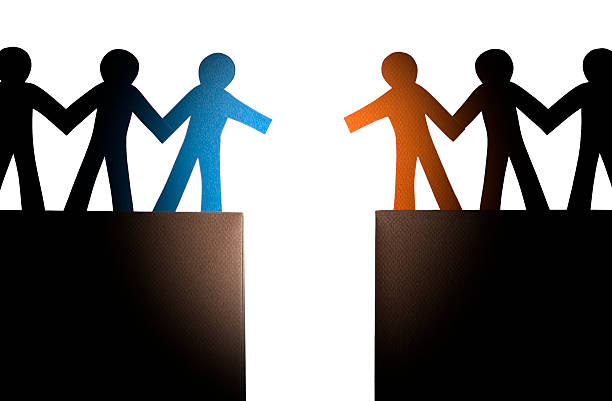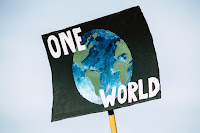
The number of migrants residing in Korea is over 2 million, roughly the same as the population of one of our provinces. A multicultural society is soon approaching, where migrants make up more than 5% of the total population, but Korean society still lacks many policies or attitudes welcoming migrants or treating them as equal fellow citizens. So begins the Eyes of the Believer column in the Catholic Times by the director of a Theological Research Institute. Foreign workers usually work in low-wage, poor workplaces where Koreans are reluctant to go. Discrimination or human rights violations are not uncommon, and they often suffer from industrial accidents and delayed payment of wages. In particular, undocumented migrants and refugees who are not legally protected are often threatened even at the minimum level of human dignity.
We treat migrants like second-class citizens because they are from underdeveloped countries, or we see them as 'aggressors' who covet our work or 'destroyers' who threaten the social safety net we have built. For example, not long ago, the government announced that it would strengthen the qualifications for health insurance for foreigners. In fact, the financial balance of foreign health insurance has been in surplus for 4 years and helping us.
Catholic churches around the world celebrate the last Sunday of September as 'World Migrants and Refugees Day'. This year was the 108th Pope’s message titled Building a Future Together with Migrants and Refugees. The message conveys the vision of the prophet Isaiah (Isaiah 60:10-11), who regards the Gentiles not as invaders or destroyers, but as workers willing to build the walls of the New Jerusalem, leaving the gates wide open for Gentiles with gifts to enter. Immigrants and refugees have historically been the foundation of our society's social and economic growth, reminding us that they provide us with opportunities for cultural and spiritual growth and realizing the beauty of the diversity of the world.
In Western societies, where aging has been a serious problem, there are many cases in which migrants have been actively accepted and industrial and cultural development has been revived. In Korea, too, as migrants settle in areas that were concerned about population extinction, the area is revived, and news is coming out that it is possible to maintain branch schools or small schools that would have been closed due to a decrease in the number of students.
She also remembers a story about a Catholic believer who became acquainted with immigrants who are devout Muslims and began to reflect on his own religious life by seeing their deep faith and daily practices. Our society and culture will be more diverse if we view migrants and refugees not only as neighbors in need but also respect their religion and culture and learn from each other as brothers and sisters.
According to the results of the '2021 National Multicultural Receptivity Survey' published this year, the younger the age, the higher the multicultural acceptance. The number of young people who say they are having relationships with migrants as friends or school students has increased. One thing that stands out from the youth survey is that 87.7% of the respondents agreed with the question, "As global citizens, we all have a responsibility to solve common global problems such as war and environmental pollution."
We hope for the future of Korean society that our youth, who are open to multiculturalism and highly responsible as global citizens, will lead along with their immigrant friends. "Lord, help us realize how beautiful it is to live together as brothers and sisters—amen."
 The Reconciliation Column in the Catholic times by the priest secretary of the Reconciliation Committee of the Bishops gives the readers some thoughts on the present situation in Korea.
The Reconciliation Column in the Catholic times by the priest secretary of the Reconciliation Committee of the Bishops gives the readers some thoughts on the present situation in Korea. 



